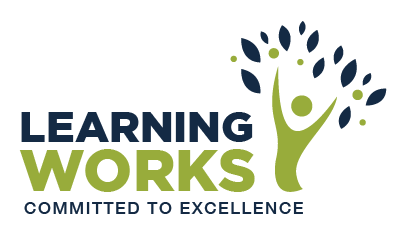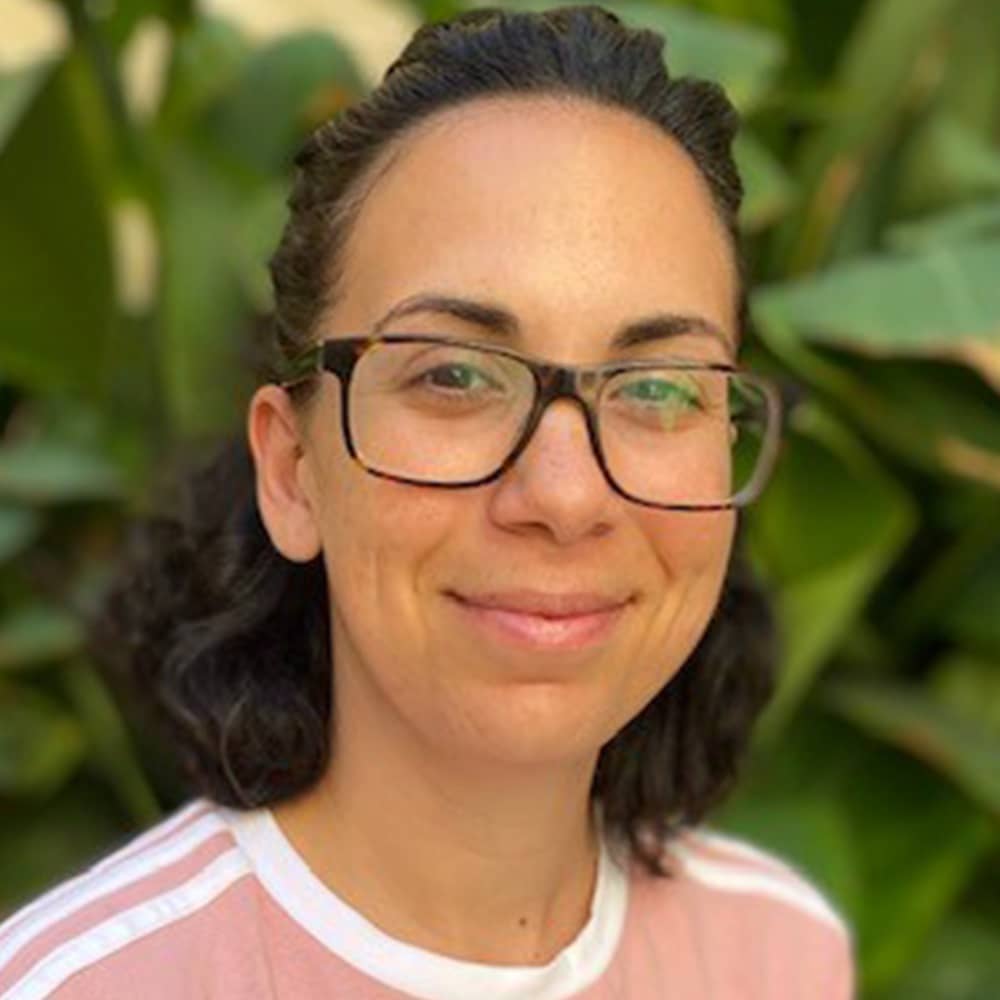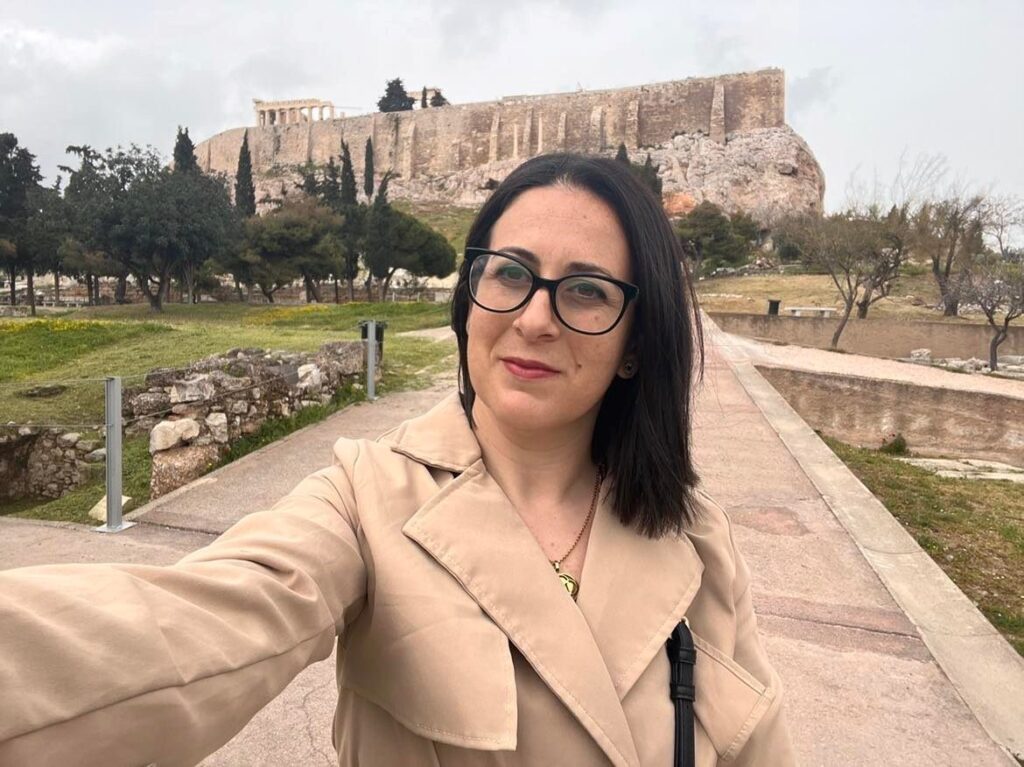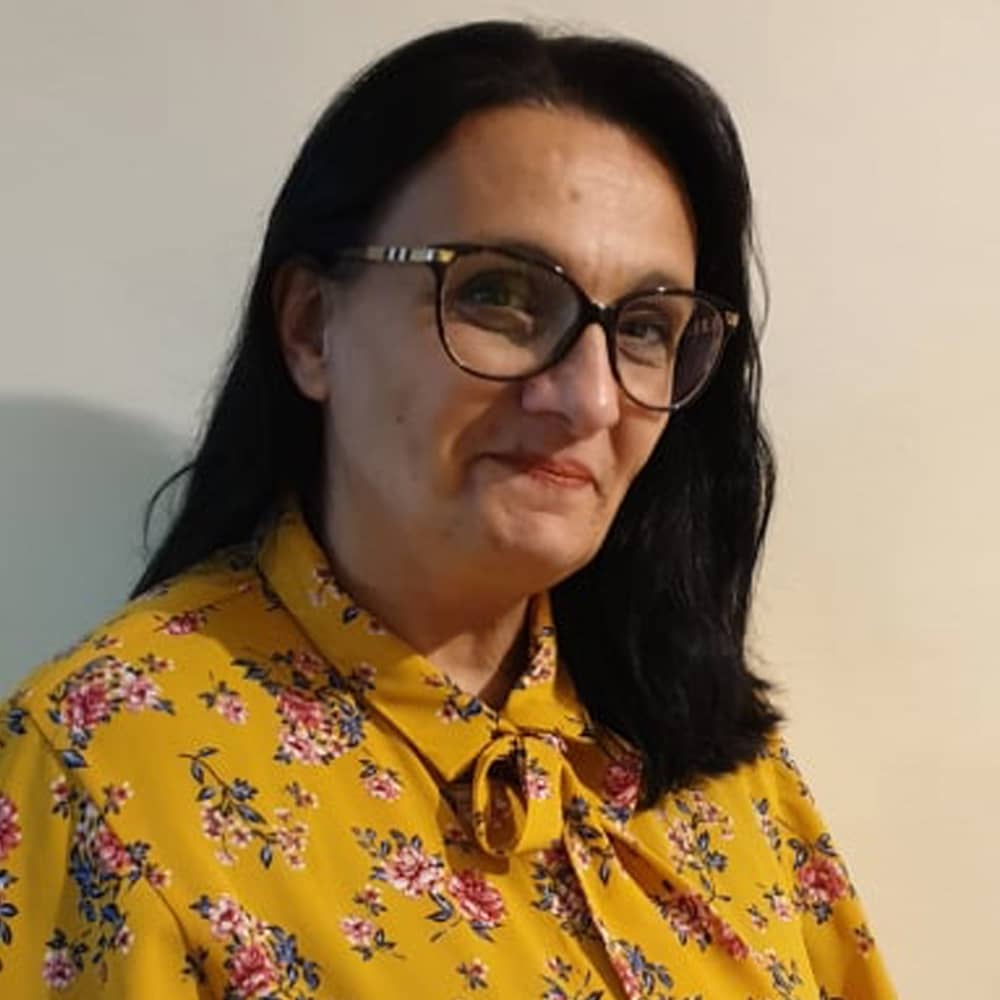Course Description
The overall objectives of the Award are to engage participants in learning what is relevant to their profession and to further develop a range of skills and techniques, personal skills and attributes necessary for a successful career in working with children including those of different cultures and different needs.
Learning Outcomes
By the end of the course programme, students will be able to:
- Understand child development in children aged 0 to 3 years including physical, intellectual, language, social and emotional development.
- Be fluent with relevant national legislation and regulatory requirements with a focus on protecting and fostering children’s rights and following health and safety procedures.
- Develop an awareness of the need to develop positive relationships and partnerships with children and their families.
- Plan and implement meaningful learning experiences that enable optimal development in babies, toddlers and young children.
- Identify and meet the diverse needs of children with additional needs to cater for cultural, linguistic, learning or physical differences.
- Adopt a reflective practice approach to their daily work to continually improve their own practice for the benefit of children’s outcomes.
- Apply child development theories into practic.
- Work collaboratively in a team and promote positive relationships between all stakeholders.
- Plan, develop and facilitate play and learning experiences for children aged 0 to 3 years.
- Provide care of children’s daily needs including those with additional needs.
- Support and communicate with parents/legal guardians within an inclusive environment that celebrates diversity and welcomes all families.
- Maintain a healthy and safe environment where children can be cared for and educated respectfully and safely.
- Report and document the daily occurrences, incidents and interactions as required for the safe upeeping and running of a childcare centre accoding to the National Standards for Child Day Care Facilities (2006) or latest document published.
- Work and behave responsibly and professionally with the integrity and respect needed to adequately care for young children.
- Follow and uphold the policies, procedures and standards of a child care setting and work in collaboration with the management and the staff for a smooth running of the centre.
- Create and maintain positive relationships with children, their families and the staff at the centre for the benefit and optimal development of children under their care.
- Increase awareness and understanding of the need for care that is of high quality, non-discriminatory and inclusive.
- Develop critical reflective skills to engage in reflective practice as part of own professional development.
Target Candidates
The course is intended for individuals who want to start a career in childcare or for individuals who are already working in childcare centres and want to gain an award at MQF Level 4 and pursue a career in childcare (0 to 3 Years).
| Course Code | Duration | Credit Value | Next Intake | FT/PT |
|---|---|---|---|---|
| LW/HSC/006 | 12 months | 60 ECTS | September 2025 | PT |
| Contact Hours | Placement Hours | Self Study Hours | Assessment Hours | Total Learning Hours |
|---|---|---|---|---|
| 300 | 200 | 880 | 120 | 1500 |
Mode of Training
Learning will take place via a mix of online lectures and lectures at the academy, as well as group activities and discussions
Assessment
Assignments, Portfolio
Awarding Body
Learning Works
Course Structure
Module 1: Health and Safety at the Workplace and the Outdoor Environment (4 ECTS)
This module deals with the employer’s responsibility towards Health and Safety while pointing out the employee’s responsibility too. In addition to caring for and educating babies, toddlers and young children, an early childhood educator needs to ensure that children are kept safe and secure. An awareness and understanding of health and safety issues is therefore a must. This unit aims to encourage prospective carers to understand the importance of health and safety measures in early years environments and their role in safeguarding children’s health and keep them safe. The dangers of noncompliance are stated while emphasising the ways to communicate health and safety information. Risk assessment to reduce accidents and hazards form part of this module.
Module 2: Teamwork and Communication (4 ECTS)
This module deals with benefits of teamwork, collaborative work and lines of reporting. It delves into features of effective teamwork and individual behaviours and qualities required for effective teamwork. It creates awareness of the need to develop positive relationships with colleagues and other professionals. Teamwork here also refers to encouraging children to play and learn with other children in the setting.
Module 3: Communicating with Parents and Carers of Children   (4 ECTS)
This module introduces the students to the notion of working in partnership with parents and families for the benefit and wellbeing of children under their care. It deals with appropriate verbal and nonverbal communication and the type of communication that is acceptable according to GDPR guidelines. The student will have the opportunity to evaluate his own communication skills in terms of developing relationships.
Module 4: Value of Play and Recreational Activities for Children
(5 ECTS)
This module deals with the value of play for each area of development: physical, social, emotional, intellectual and language. It embraces a rights-based approach to play where play is regarded as a right of each child to play and interact with others and to experience recreational activities with others. Building on the premise supported by literature that play is a vehicle for learning, students will be exposed to the benefits, stages and types of play. Moreover, it gives examples of strategies and techniques to support children’s play and ways in which adult interaction can extend learning and development.
Module 5: Becoming a Childcare Educator (4 ECTS)
This module will aim to introduce students to become Childcare Educators, focusing mainly on the role they play, placing them as key players in the child’s development and care. It will seek to adopt a reflective and participatory stance engaging in individual and collaborative reflection. It will encourage students to learn from professional educators, using case studies and narrative to analyse those qualities values, attitudes and skills needed for their own professional growth in the voyage towards becoming Childcare Educators
Module 6: Child Development in Early Childhood (9 ECTS)
This module deals with the holistic child development including the physical, cognitive, social, emotional , speech and language development for the first three years of life. Child development underpins every aspect of working with babies, toddlers and young children. This module will also offer childcare educators an overview of the different theories on child development in early childhood education by critically reflection on the various key figures who in their own way contributed towards this important area of early childhood education and care. It will focus on the input of early childhood influential figures such as development. Rosseau, Vygotsky, Pestalozzi, Froebel, Dewey, Montessori, Piaget, and Malaguzzi. Furthermore, it is structured to encourage critical engagement with their ideas and developments in Early Childhood Care by reflecting upon the influences of Early Childhood development issues of policy development and implementation and the impact of research and policy.
Module 7: The Emergent Curriculum (4 ECTS)
This module will give the students the opportunity to critically examine the philosophy underpinning the emergent curriculum and how the emergent curriculum is implemented. It will delve into how the project approach serves as tool to implement the emergent curriculum and how authentic assessment is conducted through pedagogical documentation. It will also deal with the process of how to co-construct a living curriculum that emerges from children’s play and interactions. While framed by the teacher, it is child initiated allowing for a collaboration between children and early childhood educators, giving everyone a voice.
Module 8: Observation, Assessment, and children’s participation in a childcare setting (5 ECTS)
During their field placement the childcare educator will start to understand and will focus on principles, theories, and sequences of child development from 0 to 36 months. Current issues that influence growth will be discussed. Childcare Educators will gain exposure to a variety of observational techniques and screening/assessment measures which will enable them to apply evidence informed, developmentally responsive practices while engaging with toddlers and infants.
Module 9: Embracing Diversity and Supporting Inclusivity
(4 ECTS)
In this module the Childcare Educator will be exposed to a variety of developmental disabilities and how these will affect learning, psycho-educational, social and physical growth The childcare educator will employ a range of strategies to encourage awareness and understanding of diversity among children and families. The childhood Educator will be prepared and must be prepared to meet the diverse needs of all children and that all children and their families are respected for diversity, including but not limited to origin, race, belief, religion, ability, socio-economic status, culture, sexual orientation and gender.
Module 10: The Reflective Practitioner (5 ECTS)
This module will introduce Childcare Educators to reflective practice particularly in in a childcare environment. It will give them the tools to develop into reflective practitioners, engaging them in writing reflectively and keeping a reflective journal which will help them in their professional growth. It will also allow the childcare educators to identify and appreciate positive experiences and better identify ways to improve practice. With more challenging experiences being a reflective practitioner helps to process and learn from these challenges.
Module 11: Work Placement (12 ECTS)
This module deals with practical exposure to the theory built on knowledge of theories of play and learning and children’s development including physical, social and emotional, cognitive and language development. Students will be able to put into practice the theoretical knowledge, skills and competences developed over the course of the programme. They will have the opportunity to reflect on their own as well as collaboratively to evaluate and improve their practice through self-reflection and feedback provided by others.
Entry Requirements
Entry Requirements
- A minimum of 3 SEC/O’Level subjects;
Subjects must include, 2 of the following: Mathematics, English (Language and/or Literature), Maltese, at grade 5 or better
or
- Successful completion of a related MQF Level 3 Foundation/Certificate Qualification in Health & Social Care/Art & Design/Sports or Performing Arts)
or
- Mature students (+23 years at the start of the academic year applied for), subject to an interview prior to the start of the course
Other Entry Requirements for work placement, candidates need to satisfy the requirements of
- the Protection of Minors Act, (POMA) certificate
- a clean police conduct, (last 6 months)
- a complete a Paediatric First Aid course.
- Pre-award in digital training/digital proficiency qualification.
Since a considerable component of this course will be delivered online candidates are expected to be able to make use of Zoom as a platform as well as Moodle – the institution’s VLE. Part of the induction for this course will include a session on the use of these digital platforms.
Candidates may be applying for recognition for prior learning (RPL) for up to 40% of the total credits of the award.
Those candidates who have a foreign qualification which they believe is an equivalent to an MQF Level 3 must get their qualification validated through MQRIC at MFHEA.




